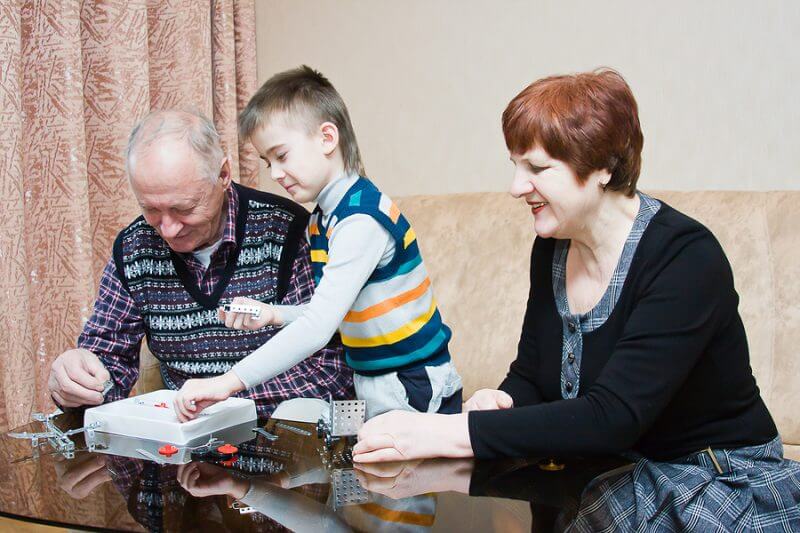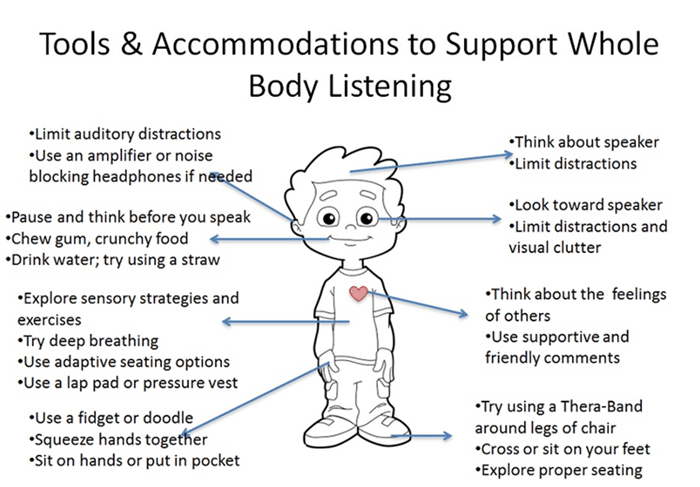Teaching independence is a baby steps process that starts at an early age. When working with children with autism on any skill, you have to think it forward. How will this look and function at age 5, 10 or 18? Imagining where you want this person to be as an adult is a good motivator to teach independence skills. It gives a framework to set goals.
There are small, gradual ways to build independence. The foundation of independence is using visual supports. I have written about the effective use of visual supports in a past blog. Visual supports can be used to break down the steps of any task. When the steps are put on a strip, the person with autism now has those for a handy reference. I’ve used this idea for routines like getting dressed, toileting, hand washing and brushing teeth. There are some great ideas for this on the Do2Learn website. Thinking this forward, these tasks strips could be used for doing laundry or dishes.
Read More »















